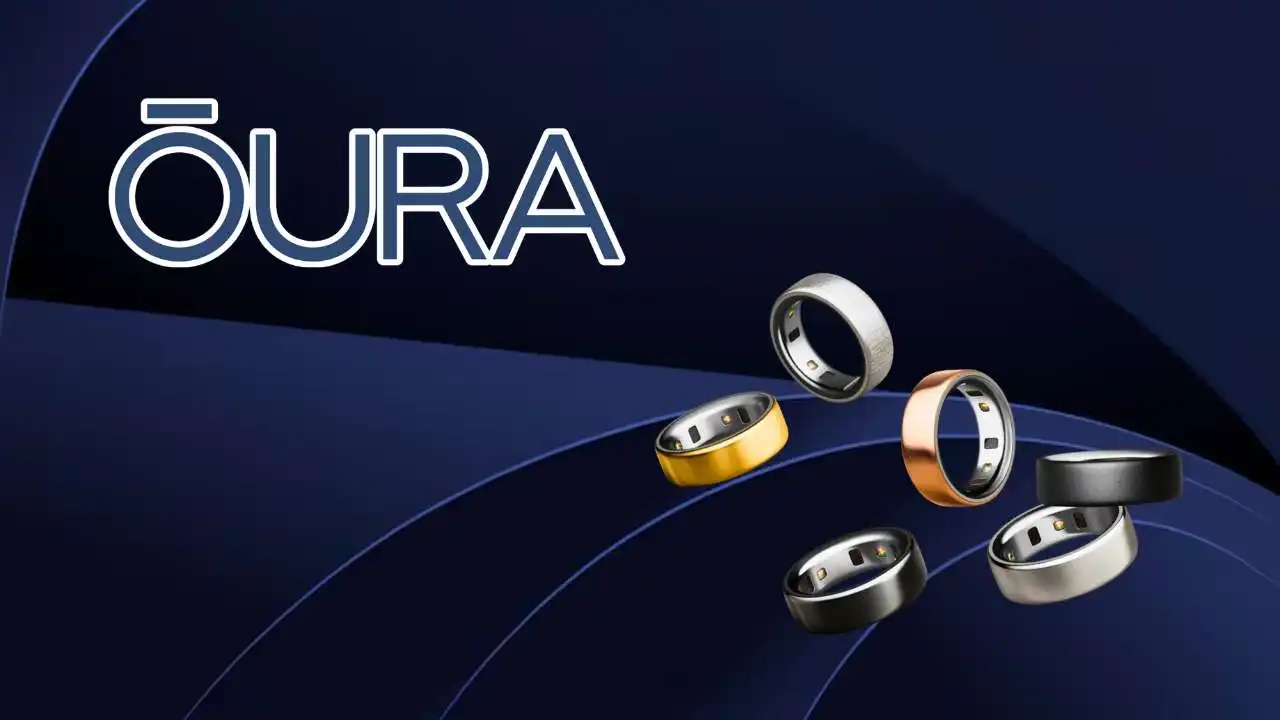Harpreet Singh Rai, the former CEO of Oura, has filed a lawsuit against the smart-ring maker, claiming that the company wrongfully terminated him to avoid giving him the 5% equity he was promised. The dispute has attracted major attention across the global startup ecosystem because it highlights how internal conflicts can arise even in fast-growing companies backed by top investors. Rai believes he played a key role in Oura’s rise, and now he wants the court to ensure he receives the ownership stake he says he earned.
The Heart of the Dispute
According to the lawsuit, Rai says he was assured 5% equity when he agreed to help Oura raise €10 million in funding. He claims he fulfilled that requirement and delivered on the company’s expectations. His agreement reportedly stated that the equity would vest over 42 months, and he was told verbally that the board would approve the grant soon. However, things began to shift when the board chair proposed reducing his share to 3% and linking the remaining equity to extremely high company valuation targets, which Rai considered unfair and unrealistic.
Rai says that before the matter could be resolved, he was unexpectedly removed from his role as CEO. He maintains that he never resigned and that the termination was done strategically so the company could avoid giving him his full ownership stake. The lawsuit also states that Rai is seeking millions of dollars in damages, along with an unpaid severance amount he believes he is owed. The situation paints a tense picture of the relationship between the former CEO and the company he once led.
Rai’s Journey From Customer to CEO
The story of Rai’s involvement with Oura began long before the legal battle. He first discovered Oura as a regular customer. Impressed by the product, he made a major personal investment of $1 million during the company’s early funding round and encouraged other investors to join as well. In 2017, he officially joined Oura as president, earning an annual salary of $100,000. During this period, he says leadership made several promises about his equity share and long-term future in the company.
In 2018, Rai was promoted to CEO. Under his leadership, Oura secured several critical funding rounds, expanded internationally, and launched new product versions that helped the brand gain popularity with athletes, celebrities, and health-focused users. Rai believes these achievements played a major part in Oura’s global rise and that he should receive the equity he was originally promised.
Oura’s Ongoing Legal Challenges
Rai’s lawsuit is not the only legal issue Oura is facing. The company has become entangled in multiple cases filed by former stakeholders and early investors who also claim they were promised stock options that were never delivered. Oura is also dealing with a separate legal dispute involving a competing wearable-tech brand. These developments suggest that internal disagreements and governance issues may be deeper than they appear from the outside.
Why the Case Matters
This case has sparked important conversations about equity agreements in the startup world. Many employees and founders rely on stock options as part of their compensation, especially in early-stage companies. Rai’s lawsuit highlights how verbal promises, unclear agreements, and sudden leadership changes can lead to complex disputes years later. As startups grow, these early arrangements become even more valuable and more sensitive.
The outcome of this case could influence how founders, executives, and employees negotiate their contracts, document equity agreements, and manage expectations. It may also push startups to maintain stronger governance practices to avoid similar conflicts.
